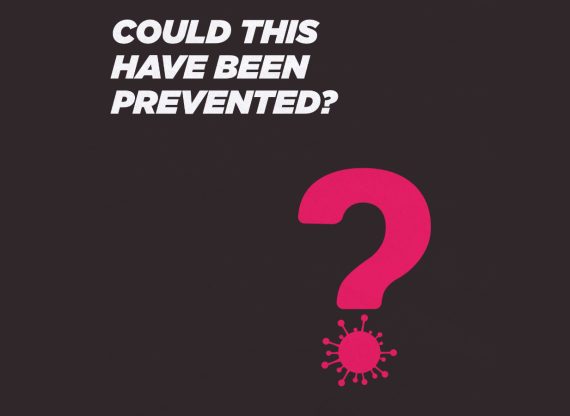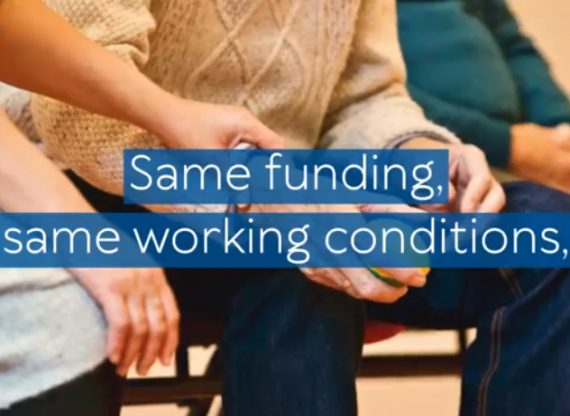
The effects of governments printing money on our daily lives
When the government constantly prints money to finance its exorbitant spending, the inflation that results affects us all. It’s simple: More money in circulation chasing the same quantity of goods and services leads to rising prices. Inflation is nothing less than a hidden tax. Isn’t it time to think seriously about this problem?

Quebec’s health care system needs fundamental reforms
The amount Quebec spends on health care is alarming. The Department’s budget has gone from $22 billion in 2004 to $45 billion last year. In Quebec, the wait for finding a family doctor is 599 days. In 2019, some 380,000 Quebecers left an ER without having been treated. Are we really getting our money’s worth?

COVID-19 in Quebec: 6,700 avoidable deaths?
Nearly one year ago, the Quebec government decreed a temporary end to the transfer of COVID-19 patients to CHSLDs, Quebec’s long-term care centres. To this day, Quebec’s extremely high death count among seniors in CHSLDs continues to raise eyebrows. A new publication from the Montreal Economic Institute calls into question the inevitability of these deaths.

The Magic Banana Trees
The first of a series of animated videos that use a playful tone to explain key economic concepts to children, such as the importance of planning for the future.

Improving our hospitals by emulating Sweden
Many countries are innovative when it comes to managing their health care systems as well as possible. Unfortunately, this is rarely the case in Canada. For its part, Sweden provides an interesting example: It entrusted to the private sector the administration of a hospital that it wanted to close. The results are clear: This is now the top hospital in Sweden, and it is accessible to all, regardless of means.

Solutions for our overcrowded health care system
Our health care system is perpetually overcrowded. But there are solutions: Super nurses and super pharmacists can perform tasks that currently occupy doctors. Not only are they trained for it, but they can do it more quickly and at lower cost. Patients need to come first, and we need to stand up to interest groups.

Are Severe Lockdowns Really Effective?
Since the adoption of COVID-19 lockdowns, we have questioned whether the drastic nature of these restrictions has had an impact on the spread of the novel virus. Using data collected by the University of Oxford, the MEI has prepared this short animation that explains the findings of Bloomberg News’ analysis.

Artificial intelligence will not steal our jobs
Artificial intelligence should not be seen as a threat, but as a springboard for employment. How do you think AI will effect the job market?

CHSLDs – Entrepreneurs Outperform the Government
Why do private funded CHSLDs provide better services? It’s simple: because of entrepreneurship!

The Obstacles to the Medicine of the Future
Communicate with loved ones on the other side of the planet? Of course. / Carry out online banking transactions in a matter of clicks? Easy! / Virtually consult a doctor or nurse? Well…

